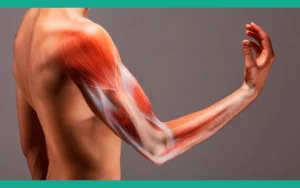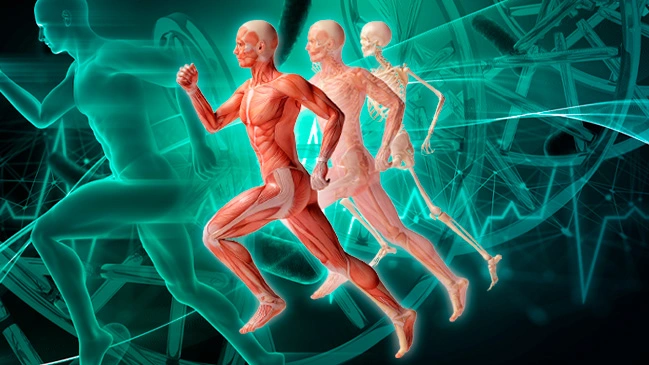Loss of muscle mass, whether due to aging, injuries, or diseases, poses a significant challenge to the health and quality of life of millions of people worldwide. However, advances in medical research are offering new hopes in the quest for effective therapies to regenerate lost or damaged muscle tissue.

In the constant search for solutions to combat muscle loss, two teams of researchers led by Dr. Pedro Guillén from the Clínica CEMTRO Hospital and biologist Juan Carlos Izpisúa Belmonte from the Salk Institute for Biological Studies in California embark on an exciting scientific journey. Their goal is to develop innovative therapies that can restore lost or damaged muscle tissue.
In an interview with EFEsalud, Dr. Guillén shares his vision for this research. With a focus on recovering muscle tissue in older individuals and injured athletes, the team aims to use metabolites to accelerate muscle regeneration, paving the way for a new era in muscle injury treatment.
Dr. Guillén, a prominent member of the Spanish Royal National Academy of Medicine, emphasizes the significant impact these research efforts have had on the field of medicine. Recent studies, including one published in the journal Cell Reports Medicine in March 2024, have demonstrated the effectiveness of metabolites in accelerating muscle recovery in animals.
The interest generated by these advances extends beyond the scientific community, with the NBA showing great interest in the results of this research. The official medical services of the National Basketball Association of the United States recognize the potential of these therapies to address common muscle injuries and ongoing wear and tear in veteran athletes.

Loss of muscle mass, associated with aging and various diseases, is a fundamental challenge for the health and quality of life of many people. Dr. Guillén highlights the importance of addressing this issue, noting that the research focuses on rejuvenating muscle cells through cellular therapy.
Scientific study
In an experiment with mice, cardiotoxin was administered to cause muscle injuries. After twelve days, one of the mice was treated with a cocktail of metabolites orally, while the other was not. The treated mouse showed remarkable muscle recovery and younger musculature, while the untreated mouse remained with diseased muscles and no movement capacity.
A cellular reprogramming technique using four specific genes (Oct4, Sox2, Klf4, and c-Myc) was used to activate the production of certain metabolites. These genes induce changes in gene expression and cellular structure without altering DNA.
The results suggest that metabolites could play an important role in muscle regeneration and rejuvenation, with possible implications for the development of therapies in humans. This technique has been shown to reverse muscle aging in mice, restoring youth to the treated tissue in both laboratory settings and living organisms.
The next step is to study the action of metabolites in large animals, such as goats or sheep. Subsequently, clinical trials will be conducted on human cells in vitro.

The research not only aims to address age-related loss of muscle mass but also to prevent and treat muscle injuries in people of all ages. The application of these therapies promises a healthier and more active life for millions of people worldwide, representing a significant step toward the development of effective solutions for this medical challenge.


I don’t think the title of your article matches the content lol. Just kidding, mainly because I had some doubts after reading the article.
Hi i think that i saw you visited my web site thus i came to Return the favore Im attempting to find things to enhance my siteI suppose its ok to use a few of your ideas
Estou navegando on-line há mais de 3 horas hoje, mas nunca encontrei nenhum artigo interessante como o seu Vale bastante para mim Na minha opinião, se todos os proprietários de sites e blogueiros criassem um bom conteúdo como você, a web será muito mais útil do que nunca antes
Thanks for sharing. I read many of your blog posts, cool, your blog is very good.
Your blog is a testament to your dedication to your craft. Your commitment to excellence is evident in every aspect of your writing. Thank you for being such a positive influence in the online community.
I don’t think the title of your article matches the content lol. Just kidding, mainly because I had some doubts after reading the article.
Thank you for your sharing. I am worried that I lack creative ideas. It is your article that makes me full of hope. Thank you. But, I have a question, can you help me?
I don’t think the title of your article matches the content lol. Just kidding, mainly because I had some doubts after reading the article.
I don’t think the title of your article matches the content lol. Just kidding, mainly because I had some doubts after reading the article.
Your article helped me a lot, is there any more related content? Thanks!
Thanks for sharing. I read many of your blog posts, cool, your blog is very good.